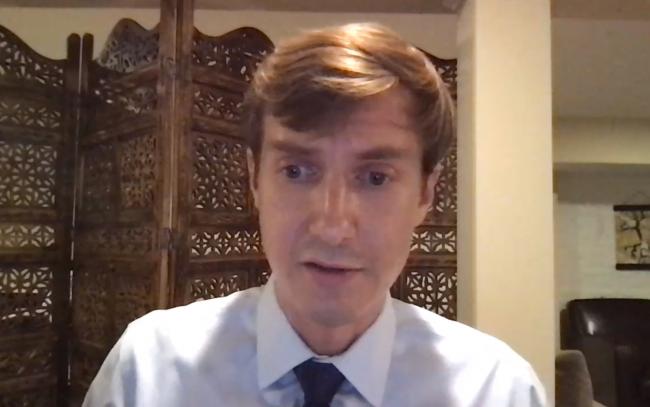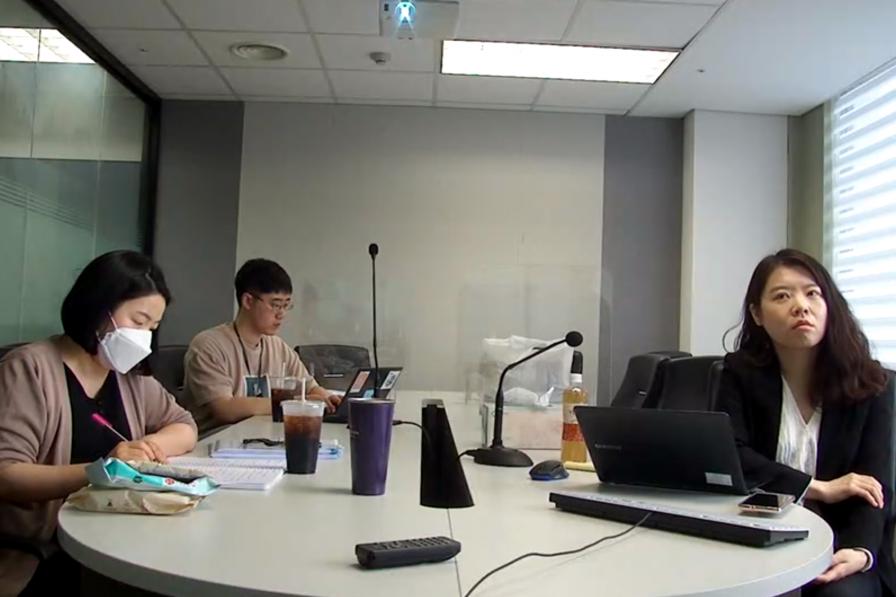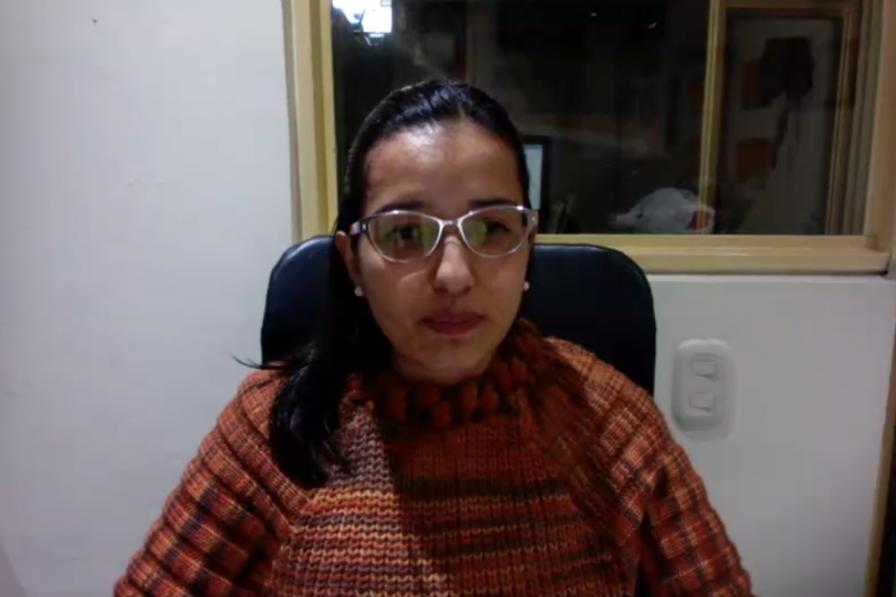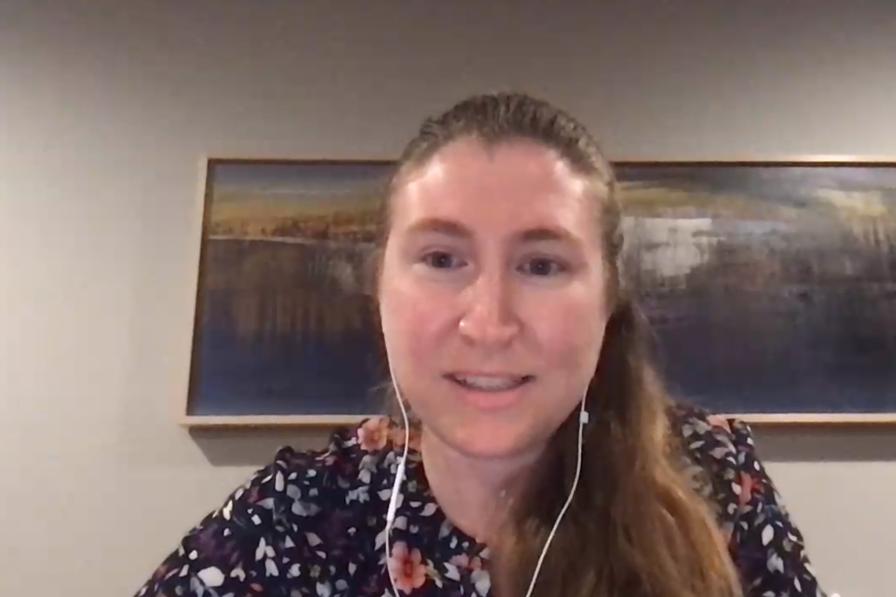The May-June 2021 UN Climate Change Conference continued its third week of virtual discussions to prepare for the 26th meeting of the Conference of the Parties (COP 26) in Glasgow, Scotland, scheduled for November 2021.
Delegates engaged in informal consultations on a range of issues, including adaptation, technology, and agriculture. Other events included an information event on preparations for the first global stocktake, and an informal dialogue with constituted bodies.
National Adaptation Plans (NAPs)
The Co-Facilitators presented draft elements to be captured in an informal note. Delegates raised additional matters for inclusion, such as specific funding for implementation of NAPs, capacity building for development of project proposals, and linkages with other national instruments, such as adaptation communications, as well as the 2030 Agenda on Sustainable Development and the Sendai Framework on Disaster Risk Reduction. Some developed country parties noted that some issues captured in the draft elements were beyond the scope of the NAPs agenda. On the next assessment of progress, some suggested that it take place in May-June 2024, and that parties take the procedures used for the previous assessment carried out in 2018 as a starting point.
Alignment between processes pertaining to the review of the Climate Technology Centre and Network (CTCN) and the periodic assessment of the Technology Mechanism
Delegates continued to exchange views on alignment options, with discussions informed by an informal note prepared by the Co-Facilitators. There was broad support for aligning the periodicity of both processes, which would require the COP, as the governing body of the CTCN, to adopt a decision on extending the CTCN’s review cycle from four to five years. Delegates emphasized that this will ensure efficiency gains in the near term. They also debated substantive alignment, for example by coordinating stakeholder interviews. A question was raised on whether the periodic assessment will be performed in-house by the Secretariat or contracted out to consultants, with some noting efficiency gains should the same consultants perform both the CTCN review and the periodic assessment. Many delegates highlighted the importance of maintaining the independence of the CTCN review.
Koronivia joint work on agriculture
Delegates welcomed progress made in informal-informals as well as the Co-Facilitators’ work in capturing discussions. The Co-Facilitators indicated that they would issue new iterations of the informal notes on the three workshop reports. Observers called for concrete outcomes to guide climate action in agriculture, and highlighted among others:
- delivering food security and nutrition;
- ensuring gender responsiveness;
- empowering small-holder farmers;
- shifting subsidies to support agroecological practices;
- attention for consumption-side approaches; and
- restoring soil health and soil organic carbon.
Matters relating to the response measures forum
In the fourth session under this item, discussions were informed by an informal note prepared by the Co-Facilitators. Developing countries underscored the importance of holding a meeting of the Katowice Committee of Experts on the impacts of the implementation of response measures (KCI) prior to COP 26. They called for the Chairs of the Subsidiary Bodies (SB) to join the discussions. Comments on the informal note related to, among others: its preambular paragraphs, specifically the idea that it contains “possible elements of an outcome” meant to “assist” parties in advancing the discussions; and noting, rather than welcoming, the KCI’s annual report. Parties debated the way forward, with some supporting the Co-Facilitators consulting with groups to prepare a revised note to be forwarded to the SB Chairs, and others requesting another session of informal consultations. The Co-Facilitators indicated that they will consult with the Secretariat and the SB Chairs on how to proceed.
Common time frames for nationally determined contributions (NDCs)
In this session, parties heard views from remaining speakers who had not had a chance to take the floor at the preceding session. Delegates reflected on what time frame parties should apply for NDCs communicated by 2025, how strong the call should be, what guidance the decision should provide for NDCs communicated in subsequent years, and whether there should be a call for parties to review and update existing NDCs every five years. A lengthy procedural discussion took place regarding whether additional speakers could be heard. Two developing country groups expressed discomfort with relatively short notice for this session and unbalanced progress across items, while other parties stressed that delegates cannot use points of order to prevent other parties from speaking.
To receive continuing coverage of this event delivered to your inbox, subscribe to the ENB Update newsletter.













